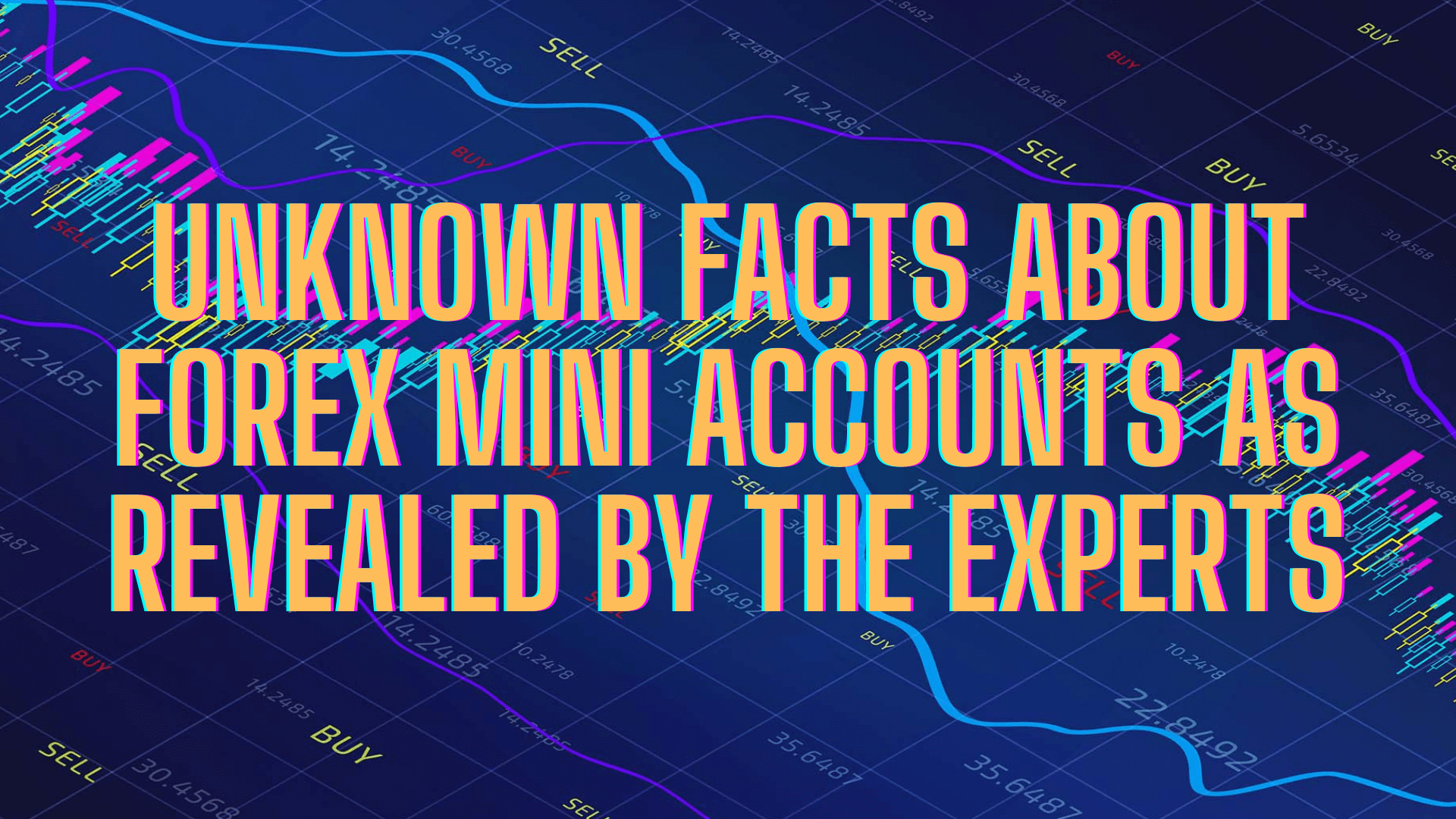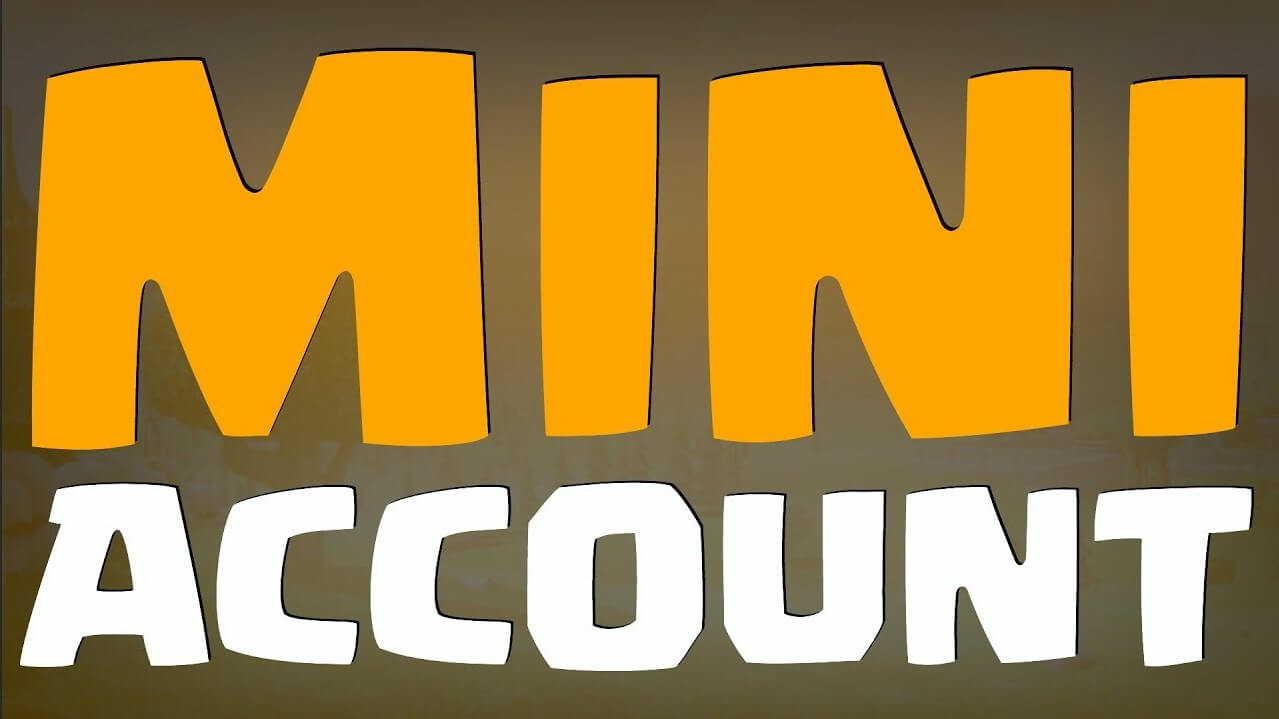There are a lot of different kinds of forex brokerage account types out there, from more common options like mini and standard accounts to gold, platinum, and diamond accounts, and the list goes on. At the top of the list, you’ll find the elusive VIP account, which is reserved for serious traders that can afford to invest a whole lot of money. Today, we will take a more detailed look at the mini account, which might also be referred to as a cent or micro account.
Pros
- One of the things that make mini accounts so attractive is low entry barriers, which usually fall anywhere from $1 to $100. These are usually the cheapest accounts offered by brokers with multiple types to choose from, so they are ideal for beginners that might not feel ready to make a larger deposit.
- Traders trade mini lots instead of standard lots when operating a mini account, which gives them more control over the trade and how much they are risking.
- Mini accounts typically offer very flexible leverage options, especially when compared to the other account types a broker offers.
- Mini accounts are often used by those that are learning to trade because they provide more control and help limit risk, and they are also beneficial to more experienced traders looking to test strategies and systems for these reasons.
- Since mini accounts do not require a large deposit, it won’t hurt your wallet as badly if you do blow your account, and you’ll be less likely to give up on trading thanks to the softened financial hit.
- A mini account is a great place to start as a beginner before working your way up to an account with a larger deposit requirement.
Cons
- Most brokers charge higher spreads and commission fees on their mini accounts, with better offers on their accounts that require larger deposits. This is understandable, but traders need to be aware that 1.5 pips is an average spread on the pair EURUSD. Some mini accounts we’ve seen list a spread more than twice that for the pair.
- Mini account holders don’t usually get as many benefits as higher account holders through a broker. This means you might miss out on the chance to receive bonuses, you might not get an account manager where other accounts do, etc.
- While you’re risking less when trading on a mini account, you’re also more likely to make less profits. This makes mini accounts less attractive to those that want to trade forex for a living, or anyone that has big goals they are trying to meet.
- Mini accounts are more limited when it comes to the maximum allowed trade size, however, many beginners aren’t affected by this.
The Bottom Line
Forex mini accounts are great for beginners and can even be useful to more experienced traders that are looking to test strategies and systems. In addition to offering low entry barriers, these accounts help traders to manage their risk and take more control of their trades with flexible leverage options and less financial risk. On the downside, you might wind up paying higher fees on your mini account and missing out on some extra perks offered by your broker, like bonuses, promotional offers, etc. You will also be restricted to smaller maximum trade sizes and to make a smaller amount of money than you would on a more substantial account type. Still, a mini account is a great place to start before working your way up to another account type.


